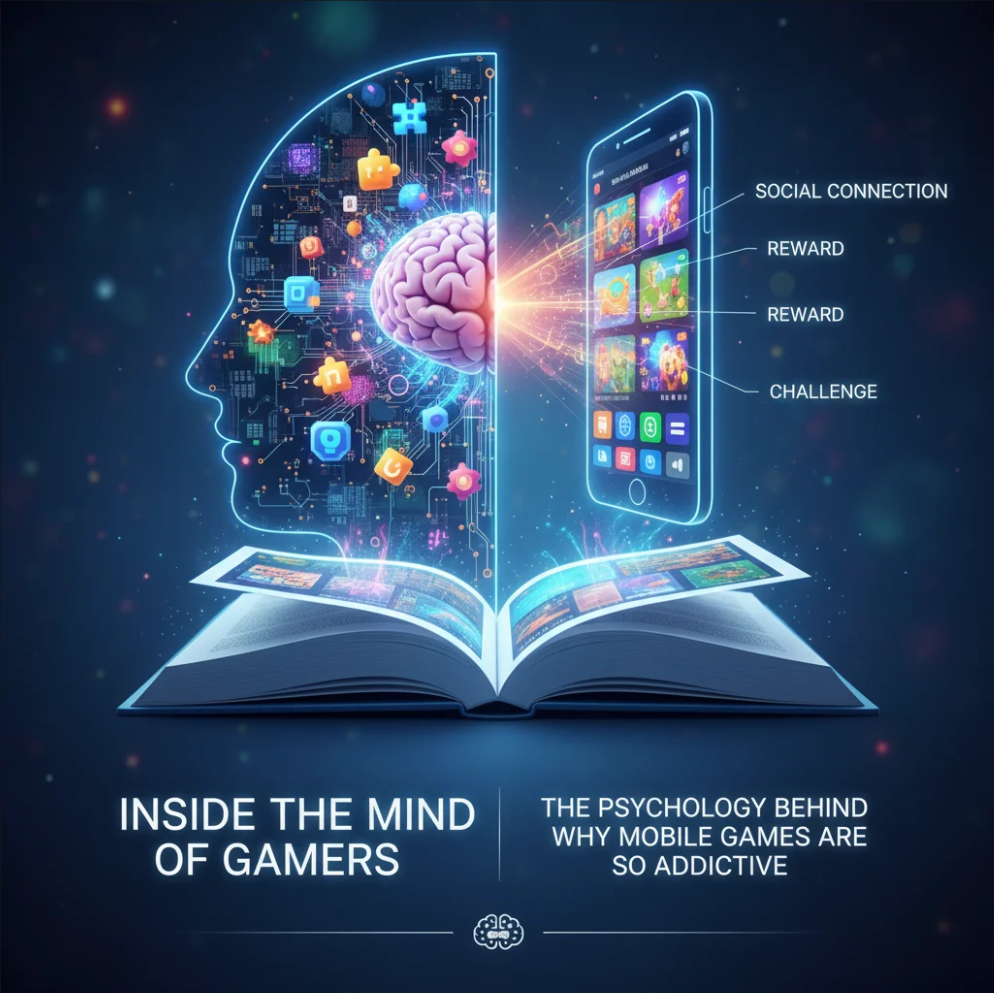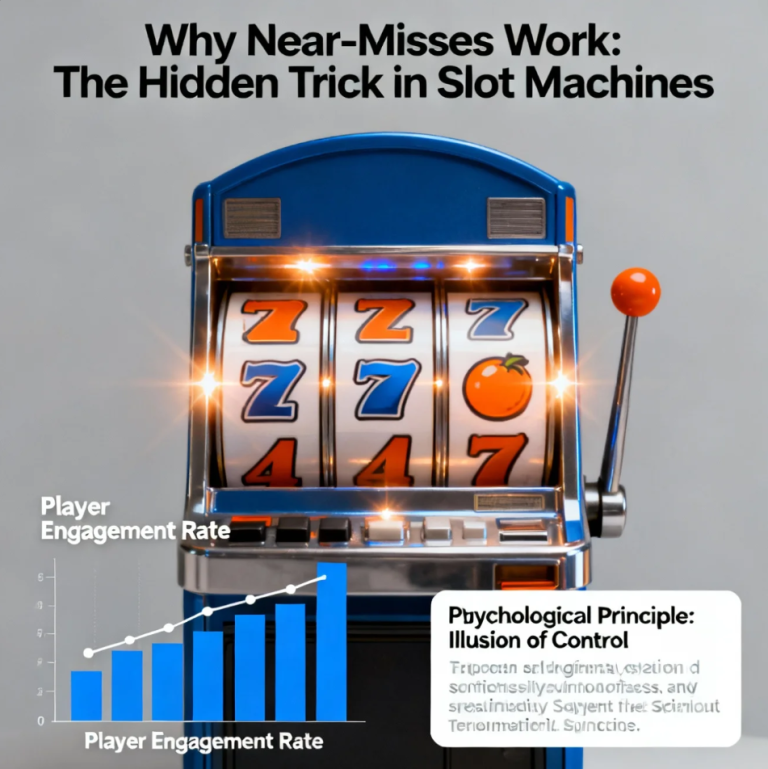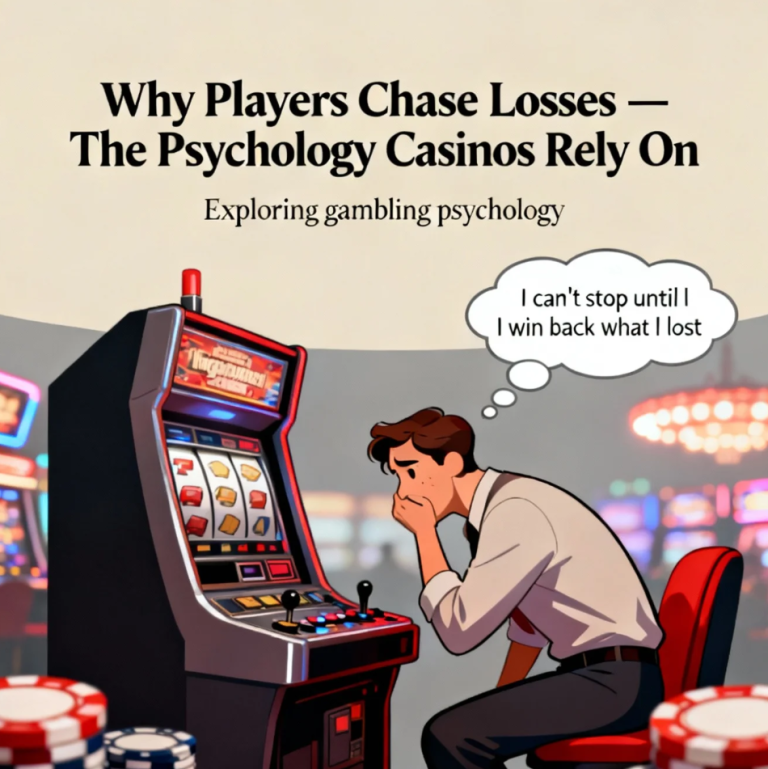
Mobile games are designed to be engaging, entertaining, and hard to put down. But beyond colorful graphics and fun mechanics, there’s a deep psychological strategy at play that keeps gamers hooked and coming back for more.
Reward Systems and Dopamine
Mobile games often use variable reward schedules, giving players unpredictable rewards at different intervals. This triggers dopamine release in the brain, the same chemical associated with pleasure and motivation, making players eager to continue.
Progression and Achievement
Leveling up, unlocking new features, and completing challenges provide a sense of accomplishment. Mobile games capitalize on this by offering frequent milestones that satisfy players’ desire for growth and mastery.
Social Engagement
Many mobile games include social features such as leaderboards, team challenges, or sharing achievements. Competition, collaboration, and recognition from peers enhance motivation and make the gaming experience more immersive.
Psychological Hooks
- Daily Rewards: Encourage regular engagement.
- Limited-Time Events: Create urgency and excitement.
- Personalization: Tailor gameplay to individual preferences, increasing attachment.
By subtly combining these elements, mobile games create an environment where fun, challenge, and reward work together to keep players engaged.
Final Thoughts
Understanding the psychology behind mobile games helps both players and developers. For players, awareness fosters responsible gaming, and for developers, it offers insights into designing compelling experiences that respect engagement without exploiting addiction.



